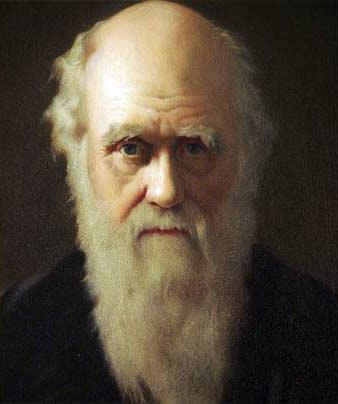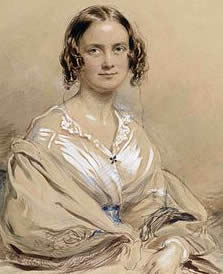Advantages and disadvantages of Marriage
 Charles Darwin
Charles Darwin
Charles Darwin used to jotting down daily notes on animal breeding, he scrawled rambling thoughts about career and prospects on two scraps of paper, one with columns headed "Marry" and "Not Marry". Advantages included "constant companion and a friend in old age ... better than a dog anyhow", against points such as "less money for books" and "terrible loss of time." Having decided in favour, he discussed it with his father, then went to visit Emma on 29 July 1938.
Relationship with wife
Emma Darwin was the first cousin of Charles Darwin. They were married on 29 January 1839 and were the parents of ten children, three of whom died at early ages.
In Darwin's letters, Emma was "always the mother, never the child, Darwin always the child, never the father." Darwin gave his wife the nickname "mammy", writing, "My dearest old Mammy ... Without you, when sick I feel most desolate ... Oh Mammy, I do long to be with you and under your protection for then I feel safe." It is difficult to see that this is a thirty-nine-year-old man writing to his wife and not a young child writing to his mother.
 Emma Darwin
Emma Darwin
Emma remained fully supportive of his work throughout their marriage. She read and helped with his "Essay" setting out his theory in 1844, long before he showed his theory to anyone else. She went through the pages, making notes in the margins pointing out unclear passages and showing where she disagreed. As his illness progressed, she nursed him, restraining him from overworking and making him take holiday breaks, always helping him to continue with his work.
Charles Darwin
Charles Darwin is best known for his contributions to the science of evolution. He established that all species of life have descended over time from common ancestors and introduced his scientific theory that this branching pattern of evolution resulted from a process that he called natural selection, in which the struggle for existence has a similar effect to the artificial selection involved in selective breeding. By the 1870s, the scientific community and a majority of the educated public had accepted evolution as a fact. Darwin has been described as one of the most influential figures in human history.